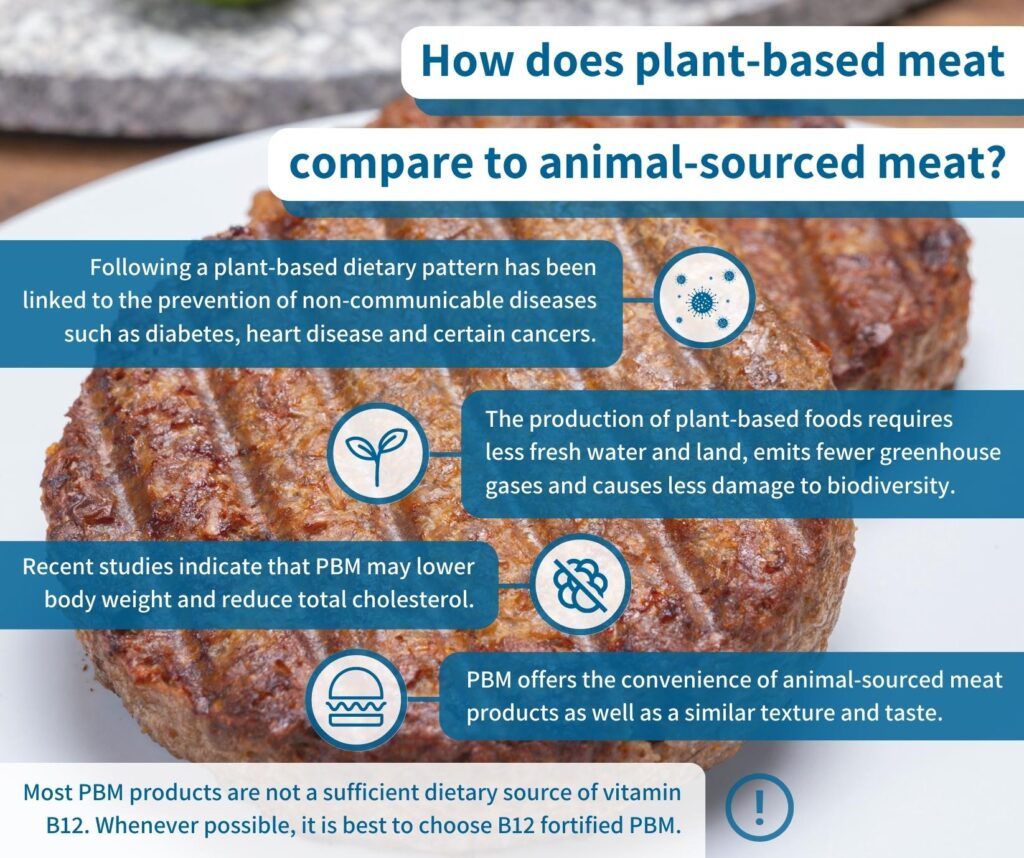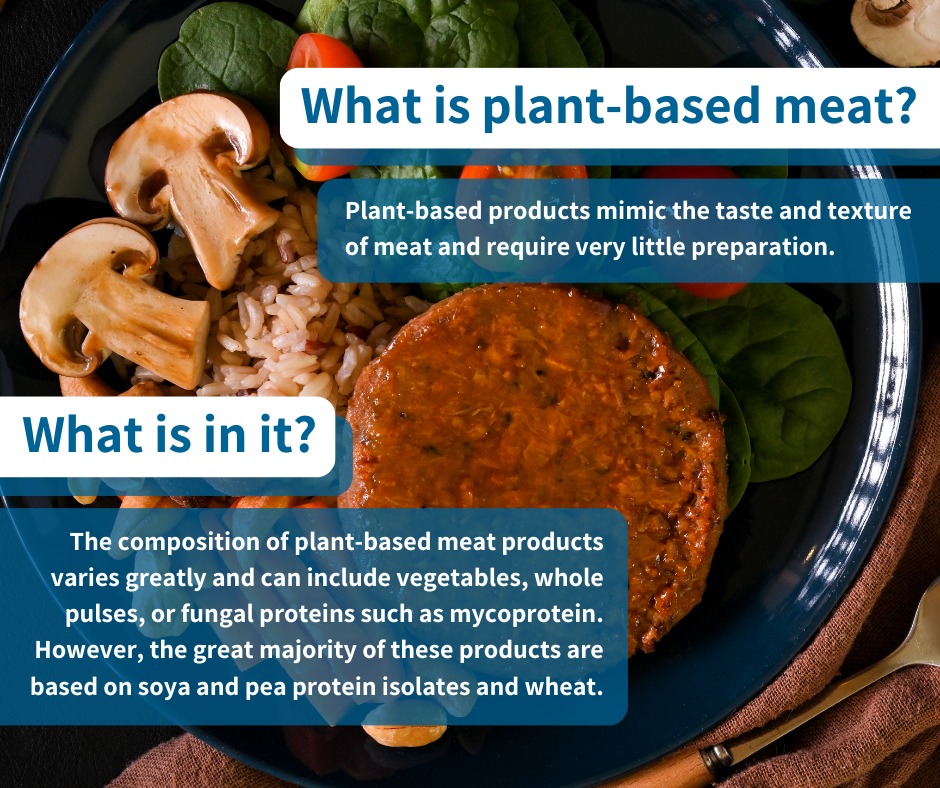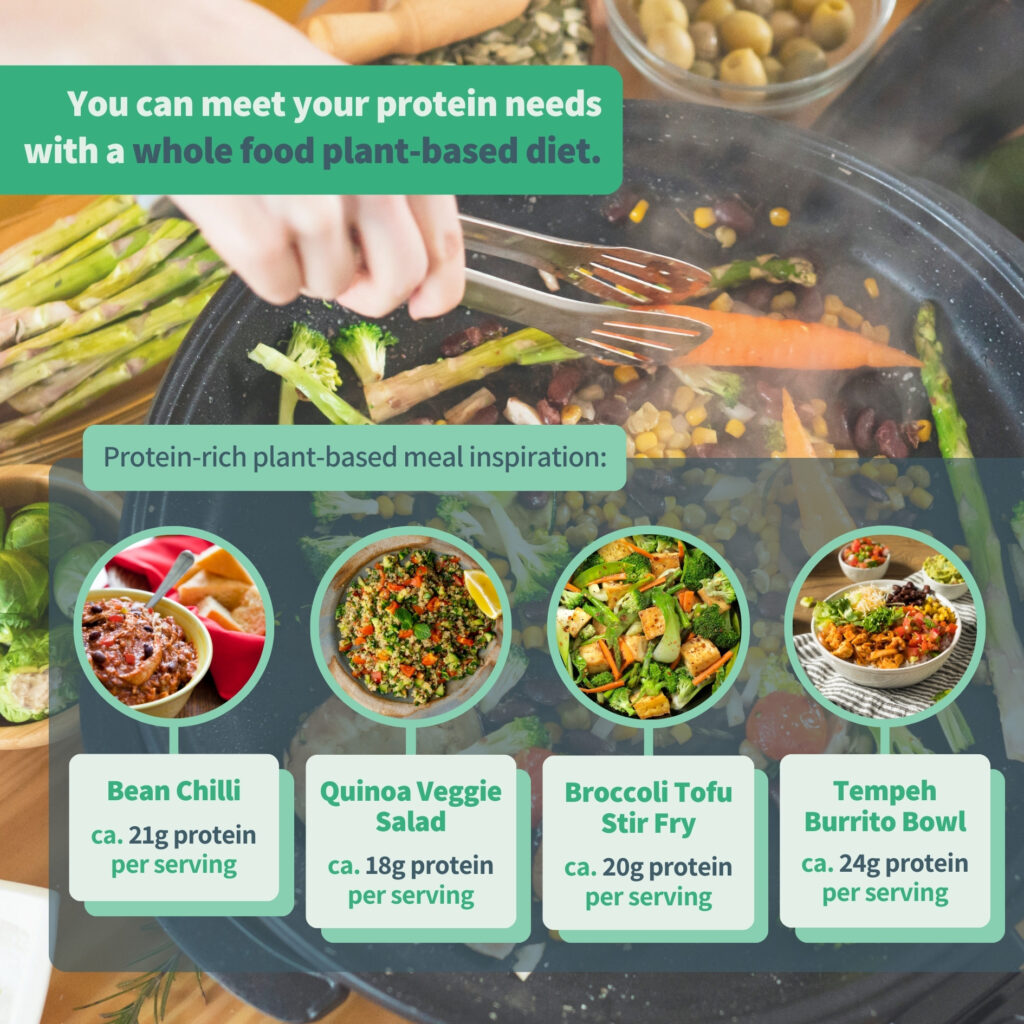Introduction:
In the quest for a healthier lifestyle, many individuals are turning to planned-based nutrition as a cornerstone for their dietary choices. Embracing a plant-based diet doesn’t mean sacrificing protein intake; rather, it requires strategic planning to ensure that essential amino acids are consumed in adequate amounts. In this article, we explore the principles of planned-based nutrition and provide insights on how to meet your protein requirements through plant-based sources.
Understanding Planned-Based Nutrition:
Planned-based nutrition is centered around the consumption of whole, plant-based foods such as fruits, vegetables, grains, legumes, nuts, and seeds. This approach not only offers a wide array of vitamins, minerals, and antioxidants but also promotes environmental sustainability. To ensure a well-rounded and balanced diet, it’s essential to plan meals that provide sufficient macronutrients, including protein.
Plant-Based Protein Sources:
Contrary to the misconception that plant-based diets lack protein, a variety of plant sources can provide ample amounts of this essential nutrient. Here are some excellent plant-based protein sources to incorporate into your meals:
- Legumes: Beans, lentils, and chickpeas are rich in protein and versatile in many dishes, from salads to stews.
- Quinoa: A complete protein source, quinoa contains all nine essential amino acids, making it an excellent choice for plant-based diets.
- Tofu and Tempeh: Derived from soybeans, tofu and tempeh are protein-packed alternatives that can be used in a myriad of savory and sweet dishes.
- Nuts and Seeds: Almonds, peanuts, chia seeds, hemp seeds, and pumpkin seeds are excellent sources of protein, healthy fats, and other essential nutrients.
- Whole Grains: Brown rice, oats, barley, and bulgur are nutritious whole grains that contribute to your daily protein intake.

Meeting Your Protein Goals:
- Diverse Diet Planning: Ensure variety in your plant-based meals to cover a spectrum of amino acids. Incorporating different sources of plant-based proteins can help you obtain a well-rounded nutrient profile.
- Protein-Rich Snacks: Opt for protein-rich snacks like hummus with vegetable sticks, a handful of nuts, or a smoothie with protein-packed ingredients such as almond milk, tofu, or a scoop of plant-based protein powder.
- Supplementation if Necessary: Consider supplementing with plant-based protein powders if meeting your protein goals proves challenging. Pea protein, brown rice protein, and hemp protein are popular choices.
- Mindful Eating: Pay attention to portion sizes and listen to your body’s hunger and fullness cues. Eating mindfully can help you maintain a balanced and nutritious diet.
Conclusion:
Planned-based nutrition offers a wealth of health benefits while meeting your protein needs through diverse and plant-centric sources. By adopting a strategic approach to meal planning and incorporating a variety of protein-rich plant foods into your diet, you can enjoy the benefits of a balanced and sustainable lifestyle.


